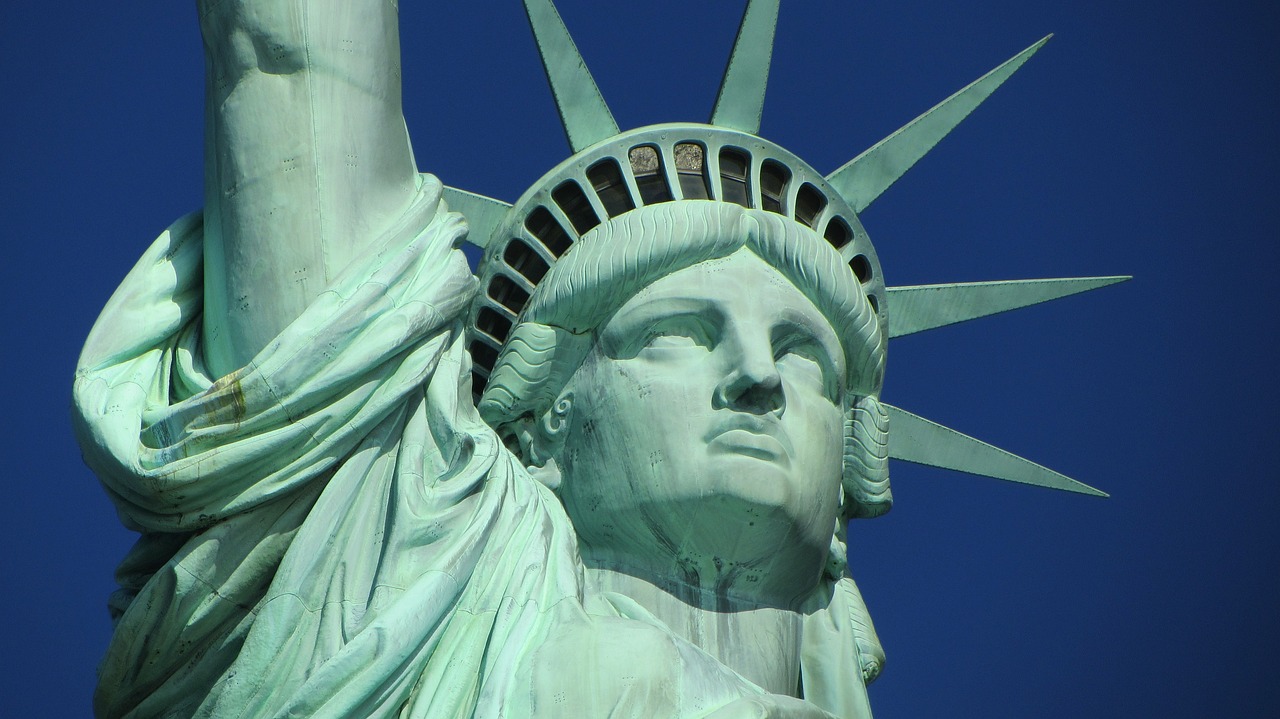
Year 13 is the turning point for youngsters to start using the internet rather than TV and radio.Continue reading

As part of Századvég thinktank’s latest research series, the institute investigated how Hungarians perceive US society and culture, as well as the country’s international role and importance.
They examined the most common associations and show how Hungarians think about American culture and lifestyle. The results will help understanding how Hungarians think about the United States and what their impressions are of everyday life in America.
Hungarians strongly associate the United States with freedom, independence, democracy, and opportunity. These values are central to their perception of Americans. The concept of the “American Dream” is also prominent in Hungarian minds, reflecting the idea of unlimited possibilities and success in the US. This association underscores the enduring appeal of American ideals of liberty and self-determination in Hungarian public consciousness.

The Capitol Building in Washington D.C. Photo:Pixabay
American fast food culture, particularly hamburgers and chains like McDonald’s, features prominently in Hungarians’ perception of the USA. This association is ambivalent, seen as both an iconic element of American culture and a symbol of unhealthy eating habits. The frequent mention of terms like “obesity” and “unhealthy” suggests that Hungarians view American dietary habits critically, associating them with negative health impacts while still recognizing their cultural significance.

An American Diner joint. Photo: Pixabay
Hungarians perceive American society as highly diverse and multicultural. This image of ethnic and cultural diversity is strongly present in respondents’ minds. Interestingly, Native Americans are frequently mentioned, likely due to their portrayal in popular media such as Western films and books. This association reflects the influence of American pop culture on Hungarian perceptions and highlights the complex tapestry of cultures that Hungarians associate with the United States.

“Chinatown” part of an American city. Since the great immigration waves nationalities mostly lived in their own quarters of the cities. Photo: Pixabay
The American way of life is strongly associated with material prosperity and consumer culture in Hungarian perceptions. Terms like “wealth,” “prosperity,” “luxury,” and “money” are frequently mentioned, suggesting that Hungarians view the US as a land of opportunity and material success. However, this perception is not entirely positive, as notions of “wastefulness” and “consumption” also emerge, indicating a critique of what some see as excessive materialism in American society.

A Walmart store is often associated with American consumerism. Photo: Pixabay
American pop culture elements like Hollywood, music, and New York City feature prominently in Hungarian associations with the US. This indicates the strong influence of American entertainment and cultural trends on Hungarian consciousness. Additionally, the US is perceived as a leader in technological development and innovation, with respondents frequently using terms like “advanced” and “modern” to describe the country. This dual association with cultural and technological prowess underscores America’s soft power influence.
While many associations are positive, the research also reveals the presence of stereotypes and critical perceptions of the US in Hungarian public opinion. Terms like “silly” and “conceited” appear, indicating negative stereotypes possibly drawn from media portrayals or personal impressions. The frequent mention of “war” and “violence” suggests that Hungarians are aware of, and concerned about violent events in American history and society, both in terms of foreign policy and domestic incidents.
Hungarians’ perception of the USA is diverse overall, perceptions of the United States are largely positive, with concepts like freedom, diversity, and prosperity dominating.
American cultural exports, including fast food, are seen as integral to the US image. However, the survey reveals that Hungarians’ view of the US is complex and multifaceted, rather than uniform or homogeneous. This diversity in perception reflects the variety of historical experiences, cultural influences, and personal impressions that shape Hungarians’ understanding of American culture and lifestyle.
Via Századvég; Featured Image: Pixabay